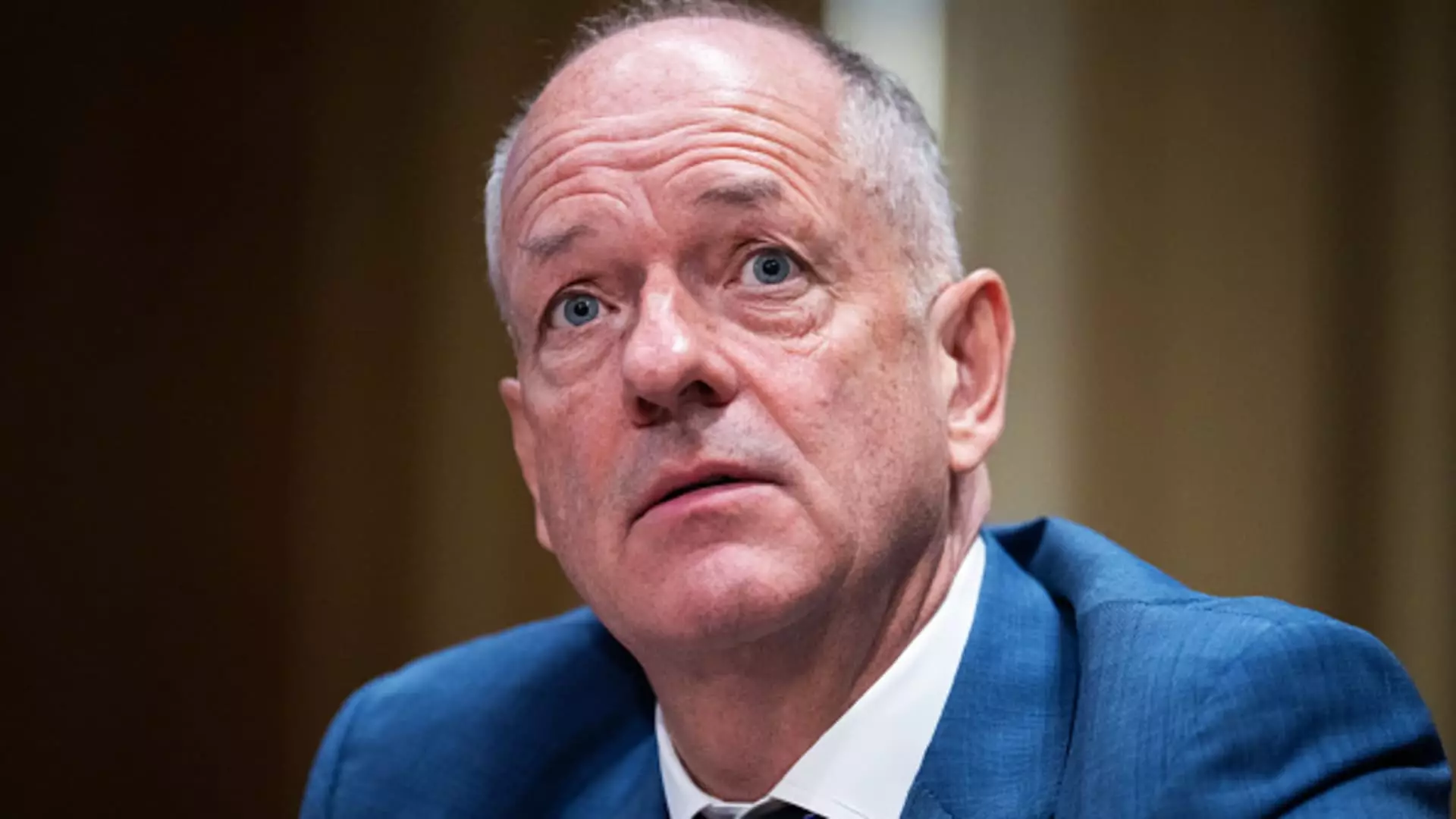In the wake of a senseless tragedy that claimed the life of Brian Thompson, the CEO of UnitedHealthcare, Andrew Witty, the CEO of UnitedHealth Group, used his public platform to reflect on the alarming shortcomings of the U.S. healthcare system. After Thompson’s untimely death, Witty highlighted the widespread frustrations that Americans face with a system that seems designed more around profit than patient care. This moment strikes a poignant chord, emphasizing that the struggles within the healthcare environment extend beyond partisan debates and into the lives of everyday citizens.
Witty’s critical assessment recognizes a healthcare landscape marred by fragmentation and inefficiency. “It’s a patchwork built over decades,” he stated, aptly describing how the current system emerged not from meticulous planning but as a series of ad hoc responses to various challenges. This statement encapsulates the essence of a healthcare system that often leaves stakeholders—patients, providers, and insurers—feeling disillusioned and frustrated. The lack of cohesion not only increases operational complexities but also contributes to rising costs that disproportionately burden patients.
A key takeaway from Witty’s commentary is the importance of collaboration. He emphasized UnitedHealth Group’s willingness to partner with a diverse set of stakeholders—including healthcare providers and governments—to foster improvements. This call for unity may serve as a potential catalyst for meaningful reform. The fragmentation that characterizes the healthcare landscape can be mitigated through cooperative efforts that focus on transparency and clear communication. By working together, the healthcare community can address the challenges of rising premiums and unexpected medical bills, which have sparked public outrage and distrust toward the insurance industry.
Moreover, Witty’s remarks underscore the necessity of clarity surrounding coverage and claims processes. He highlighted the vital yet often unclear relationship between clinical evidence and insurance decisions. By shedding light on the rationale behind claims reviews and approvals, patients can feel more empowered and informed about their healthcare choices. Transparency stands as a foundational element in restoring trust, yet it requires the commitment of all involved—insurers, healthcare providers, and even regulatory bodies.
While the tragic passing of Thompson has ignited discussions around frustrations with the health insurance sector, it also beckons a wider discourse about reform. The pressure on insurers to maintain profitability amidst rising healthcare costs reflects a systemic issue that demands comprehensive solutions. As Witty pointed out, reforming the healthcare system requires dedication to high-quality care at lower costs. However, these solutions can only be achieved through systemic change that prioritizes patient welfare and equitable access to health services.
Ultimately, the loss of Brian Thompson serves as a painful reminder of the urgent need for reform that transcends the individual and speaks to the collective health of society. Americans deserve a healthcare system that works for them, not one that leaves them feeling marginalized and frustrated. Only by addressing the inherent flaws in the current structure can stakeholders hope to create a more effective and compassionate healthcare landscape.


Leave a Reply